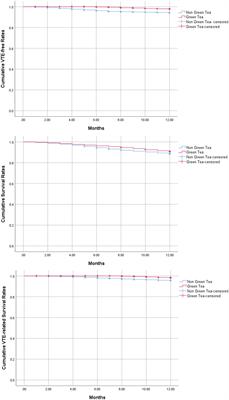ORIGINAL RESEARCH
Published on 02 May 2024
The role of green tea intake in thromboprophylaxis of venous thromboembolism in patients with cancer

doi 10.3389/fnut.2024.1296774
- 1,045 views
1,043
Total downloads
5,571
Total views and downloads
You will be redirected to our submission process.
ORIGINAL RESEARCH
Published on 02 May 2024

ORIGINAL RESEARCH
Published on 14 Dec 2023

SYSTEMATIC REVIEW
Published on 05 Oct 2023


Frontiers in Chemistry
Food ChemistryOffline